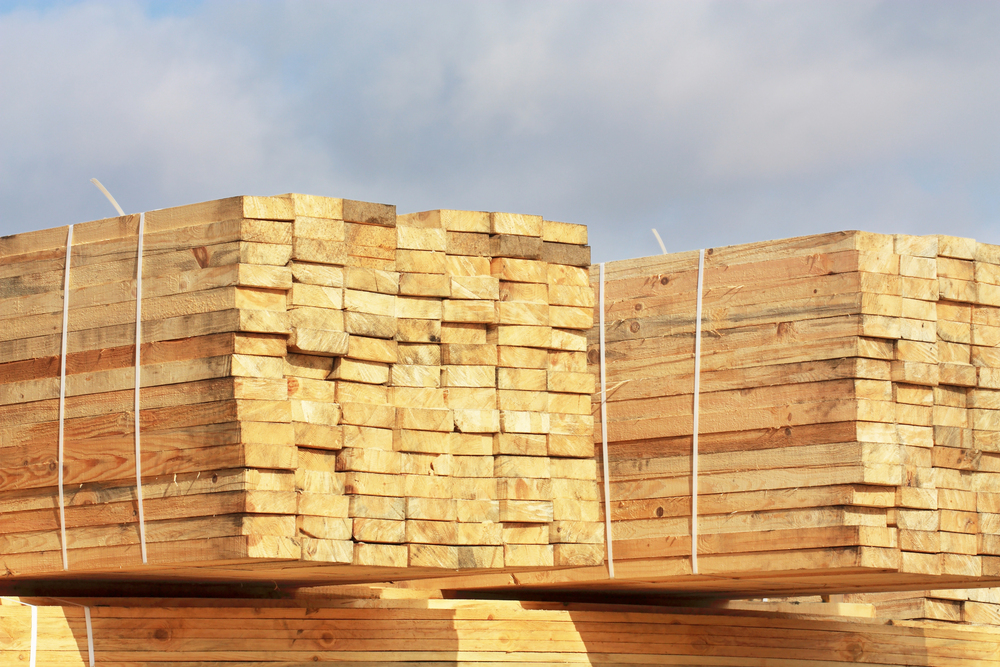Austria’s softwood sector may face a production decline of up to 10% if the EU Deforestation Regulation (EUDR) takes effect in its current form at the end of the year. The regulation requires full traceability of wood products across the entire supply chain, which industry representatives say is unworkable and could lead forest owners to suspend harvesting, according to Markus Schmölzer, chairman of the Austrian Sawmill Association.
Although the sector expects a 2% production increase in 2025 and has capacity to process more wood, the EUDR poses a direct threat to the entire wood value chain. A decline in softwood production would affect manufacturers of building components, furniture, panel boards, paper, and pellet products, especially during winter months.
The EUDR mandates that companies prove their wood and wood products are deforestation-free, from raw material to final product. This requirement applies not only to imports but also to domestic production and trade within the EU. In practice, this would require thousands of reference numbers to be created and maintained across all processing and delivery stages. Schmölzer states that the resulting volume of data would be impossible to manage or control effectively.
A study from Finland estimates the initial cost of EUDR implementation in that country at more than Euro 200 million, with ongoing annual costs of Euro 65 million. Extrapolated across the EU, the industry warns of multi-billion Euro expenses without demonstrable benefit. Attempts by the EU Commission to clarify the regulation through supporting documents and FAQs have not resolved legal and operational uncertainties.
The Austrian industry urges the EU to either suspend the regulation entirely or revise it through an “Omnibus” legislative package aimed at reducing bureaucracy. Schmölzer argues that the wood value chain was not properly understood when drafting the EUDR and calls for risk-based oversight instead of blanket requirements for all EU producers.
While supporting the goal of halting global deforestation, the sector proposes targeted monitoring for high-risk regions and exemptions for low-risk countries such as Austria. Franz Teuschler, chairman of the Austrian Timber Trade, suggests reinstating documentation requirements similar to the former EU Timber Regulation (EUTR), which had majority support in the European Parliament and is part of Germany’s coalition agreement.
Austria’s softwood exports increased by nearly 11% in the first half of 2025 compared to the same period in 2024, with demand rising from Italy and Germany.
Austria’s sawmill sector includes more than 1,000 mostly family-owned businesses and employs approximately 10,000 people in rural regions. In 2024, it generated a production value of Euro 3 billion. The broader Austrian wood industry, comprising over 1,300 companies with 25,600 employees, produced goods worth Euro 9.28 billion and recorded a trade surplus of Euro 1.39 billion.
German equipment manufacturers are also calling for urgent changes. The German Mechanical Engineering Industry Association, or VDMA, warns that the EUDR’s complexity could severely disrupt supply chains and harm European industry. Describing the regulation as “bureaucratic madness,” the association demands a fundamental revision and a two-year postponement. The EUDR is scheduled to apply to large companies from December 30, 2025, and to SMEs from June 30, 2026, according to the VDMA.
